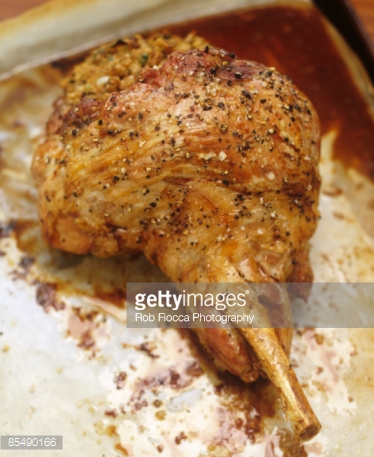Cubans have headed to the polls to vote for the 470 legislators who will represent them in the National Assembly, the island country’s highest legislative body.
Polling stations opened at 7am local time (11:00 GMT) Sunday, and more than eight million people are eligible to vote.
By 11am local time (15:00 GMT), turnout had reached 42 percent, according to Cuba’s National Electoral Council. Polls are scheduled to close at 6pm (22:00 GMT).
Cuba?s government, saddled by shortages, inflation and growing social unrest, has encouraged unity, calling on citizens to vote together in a broad show of support for the communist leadership.
Cuban President Miguel Diaz-Canel, who voted in his hometown of Santa Clara just after sunrise on Sunday, said citizens would have the last word.
“Some people may put the difficult economic situation ahead of their willingness to vote, but I don?t think it will be a majority,” Diaz-Canel told reporters.
There are 470 candidates running for 470 seats, with no opposition challengers and no campaigning. Most candidates for the Cuban parliament are members of the Communist Party, the only legal party on the island.
The legislators will be in charge of nominating a presidential candidate, who will be elected in a vote among themselves. Diaz-Canel, leader of the Communist Party of Cuba (PCC), is expected to win a second term.
The vote comes at a time when Cuba is facing its worst economic crisis in decades, with shortages of food, an unprecedented wave of migration, galloping inflation, and crippling US sanctions.
Non-voters have been a defining trait in recent elections, which, experts say, could undermine the legitimacy of Cuba’s next government. Turnout for municipal elections last November fell below 70 percent for the first time. The opposition has advocated abstention as a sign of rejection of the electoral system.
Al Jazeera’s Teresa Bo, reporting from Havana, said the majority of the population was struggling amid soaring inflation and recurring blackouts.
“The government tolerates no dissent and that’s why all eyes are going to be on the abstention rate because it’s the only way people have to express their discontent,” she said.
Omar Everleny, an economist, told Al Jazeera that the government should work to transform the state-dominated economy.
“The country needs a market. That doesn’t need to be a market economy but Cuban socialism. The examples are Vietnam and China. We need to have an example of a one-party system that has managed to survive.”
Cuba’s Foreign Minister Bruno Rodriguez Parrilla prepares to vote at a polling station in Havana, Cuba [Ramon Espinosa/AP Photo]
Brian Nichols, the United States undersecretary of state for Western hemisphere affairs, on Friday criticised the elections in Cuba, saying that the Cuban people “deserve to choose” their representatives with freedom.
“On Sunday, Cubans will once again be denied a real election for their National Assembly,” said Nichols on Twitter. “When the only option is the Communist Party and closed committees choose candidates to run without opposition, there is no democracy, only autocracy and misery. Cubans deserve to choose,” he said.
Following Nichols’s criticism, Diaz-Canel lashed out against the US at the Ibero-American Summit in the Dominican Republic. The president condemned the US trade embargo on Cuba and Washington’s decision to keep the island on a list of countries sponsoring “terrorism”.
“The US government is determined to destabilise our country and destroy the Cuban revolution,” he said on Saturday.
The country’s opposition has been gutted since antigovernment protests last July led to hundreds being tried and jailed for crimes ranging from disorderly conduct to vandalism and sedition.
Thousands of protesters had voiced concerns over food supplies and the handling of the coronavirus pandemic by the authorities.
Some have since chosen to emigrate, while others say they were forced into exile. Those who remain say that the government’s reaction has had a chilling effect on dissent.
After US-backed leader Fulgencio Batista was toppled in 1959, Cuba became a one-party state led by Fidel Castro and his successors. Since then, the PCC has defied expectations by surviving decades of economic isolation and the disintegration of the Soviet Union, a key ally.










